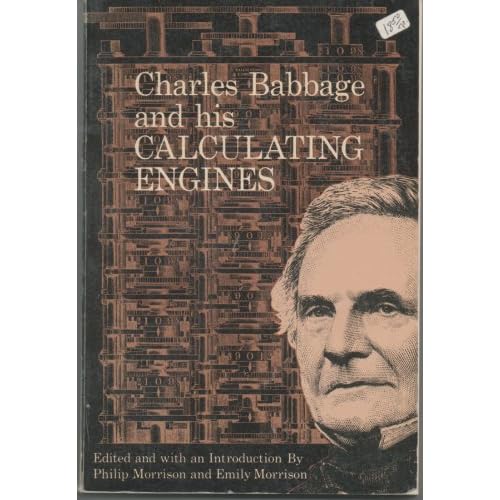Robert Hassan, Julian Thomas (eds.): The New Media Theory Reader (2006)
Filed under book | Tags: · free software, hacking, information society, information technology, intellectual property, interactivity, media theory, new media, public broadcasting, software, theory

The study of new media opens up some of the most fascinating issues in contemporary culture: questions of ownership and control over information and cultural goods; the changing experience of space and time; the political consequences of new communication technologies; and the power of users and consumers to disrupt established economic and business models.
The New Media Theory Reader brings together key readings on new media ndash; what it is, where it came from, how it affects our lives, and how it is managed. Using work from media studies, cultural history and cultural studies, economics, law, and politics, the essays encourage readers to pay close attention to the ‘new’ in new media, as well as considering it as a historical phenomenon. The Reader features a general introduction as well as an editors’ introduction to each thematic section, and a useful summary of each reading.
The New Media Theory Reader is an indispensable text for students on new media, technology, sociology and media studies courses.
Essays by: Andrew Barry, Benjamin R Barber, James Boyle, James Carey, Benjamin Compaine, Noam Cook, Andrew Graham, Nicola Green, Thomas Hylland Eriksen, Ian Hunter, Kevin Kelly, Heejin Lee, Lawrence Lessig, Jonathan Liebenau, Jessica Litman, Lev Manovich, Michael Marien Robert W. McChesney David E. Nye, Bruce M Owen Lyman Ray Patterson, Kevin Robins, Ithiel de Sola Pool, David Saunders, Richard Stallman, Cass R. Sunstein, Jeremy Stein, McKenzie Wark, Frank Webster, Dugald Williamson.
Publisher Open University Press, McGraw-Hill International, 2006
ISBN 0335217109, 9780335217106
326 pages
PDF (updated on 2012-12-5)
Comments (3)Stuart Sim: Manifesto for silence: confronting the politics and culture of noise (2007)
Filed under book | Tags: · culture, noise pollution, silence

Silence has played a crucial role in human history in important areas of our existence such as religion and the arts. Yet we live in an increasingly noisy society in which silence is under perpetual assault from the 24/7 lifestyle. The business world cynically exploits noise as part of its marketing strategy; the military deploys noise as a weapon. Without question, noise is a political issue on a global scale.This book mounts a strong argument for silence, arguing that we need more rather than less of it in our lives. The alternative is an environment scarred even further by noise, so often the forgotten pollutant. Stuart Sim explores why silence matters, where it matters – in religion, health, the arts, thought – and why we’ll suffer if space is not made for it. The confrontation between the politics of noise and the politics of silence is an issue on which we cannot stay neutral. A defence of silence is a defence of our humanity, as well as of a beleaguered environment.Key Features:*An in-depth analysis of one of the main cultural conflicts of our time: noise versus silence. *Appeals across the reading spectrum, from the academic to the general reader. *Explores the critical role played by silence in cultural history and its continuing relevance to us now. *Provides a critique of the marketing strategies of the business world from a new perspective. *Puts the conflict between noise and silence in our world into sharp political focus. *Demonstrates why and where silence matters in our lives, and why we should seek to protect it.
Publisher Edinburgh University Press, 2007
ISBN 0748625917, 9780748625918
Length 215 pages
Philip Morrison, Emily Morrison (eds.): Charles Babbage and his Calculating Engines (1961)
Filed under book | Tags: · computing, history of computing, history of technology, technology

Selected writings by Charles Babbage and others.
Publisher Dover Publications, 1961
Dover Histories and Classics of Science series
ISBN: 0486200124, 9780486200125
400 pages
PDF (DJVU; no OCR; updated on 2012-7-25)
Comment (1)
